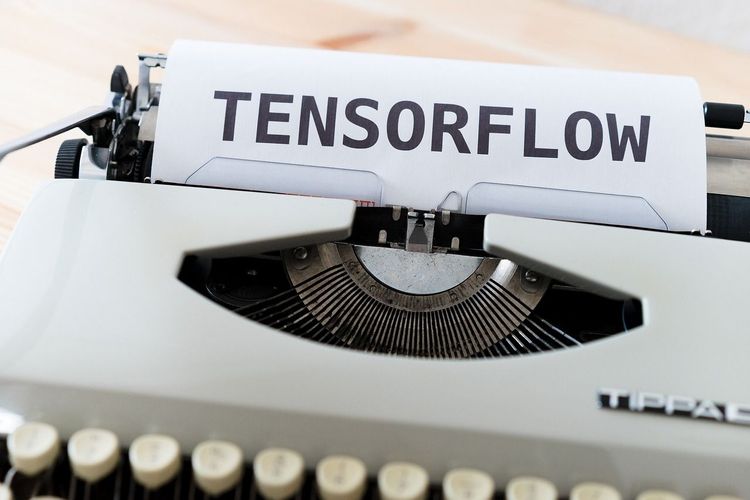Last week, an OpenAI spokesperson informed me about the launch of a new "Collective Alignment" team. Their mission is to develop "prototyping processes" that incorporate public input to shape AI model behavior, aiming for nothing less than democratic AI governance. This initiative builds on the work of ten recipients from OpenAI's Democratic Inputs to AI grant program.
I couldn't help but chuckle at the irony. OpenAI proclaims lofty ideals of ‘creating safe AGI that benefits all of humanity’ while navigating the practical realities of selling APIs, expanding GPT stores, and addressing copyright lawsuits. The challenge of reaching a public consensus on AI governance—one of humanity's most complex issues—seems daunting.
Is this the right moment for AI agents? American democracy is under unprecedented scrutiny, with AI systems at the center of concerns about deepfakes and disinformation, especially in light of the upcoming 2024 elections. How can a subjective concept like public opinion influence the rules governing AI, especially from a company that currently reigns in the commercial AI space?
Still, the existence of OpenAI's Collective Alignment team offers a glimmer of hope. Their goal of creating a more democratic AI, guided by human insight, is undeniably significant. Yet, one must wonder if this initiative is a genuine effort or merely a public relations maneuver in response to calls for greater accountability.
Insights from the Collective Alignment Team
To delve deeper, I spoke with two team members: Tyna Eloundou, a researcher focused on technology's societal impacts, and Teddy Lee, a product manager with experience in human data labeling for responsible AI deployment. They aim to expand their team by adding a research engineer and scientist to collaborate closely with OpenAI’s Human Data team, which establishes infrastructure for gathering human input on AI models.
When I asked Eloundou about the challenges of formulating democratic processes for AI governance, she acknowledged that many see it as a "moonshot." "Democracy itself is complicated and messy," she explained. "It requires constant negotiation over how it operates."
Lee highlighted the daunting task of integrating democracy into AI systems amidst the socio-technical complexities. "The aim of our grant program is to explore what other innovators are doing in this space,” he noted. “It's intimidating, yet there are many low-hanging fruits and insights to uncover.”
Grant Program Progress
According to a recent OpenAI blog post, the Democratic Inputs to AI grant program awarded $100,000 to ten diverse teams from nearly 1,000 applicants. These teams are designing and testing democratic methods to establish AI governance. They face challenges such as engaging diverse participants, ensuring representative outputs, and fostering transparency.
Each team addressed these issues with innovative approaches, including platforms for crowdsourced audits of AI models and unique video deliberation interfaces. However, they quickly encountered obstacles; public opinion can shift rapidly, and agreement among polarized groups is challenging.
Despite these challenges, OpenAI’s Collective Alignment team remains committed. They consult with experts in the social sciences, particularly those involved in citizen assemblies—randomly selected groups that deliberate on significant public questions.
A Commitment to Democratic Processes
Lee remarked, “We don't know what we don’t know.” The grant recipients come from various fields, infusing their projects with excitement and energy. “We need to align this enthusiasm with our technology," he said.
Will the team's goals be achievable? “It parallels democracy itself," Lee explained. “It's an ongoing effort. As public views evolve and interactions with these models change, so too will our work.”
Eloundou echoed this sentiment, saying, “We’ll definitely give it our best shot.”
Whether seen as a PR initiative or not, any move to enhance democratic processes in AI decision-making is commendable, especially at a time when such processes are precarious. So to OpenAI: I welcome your best efforts.







